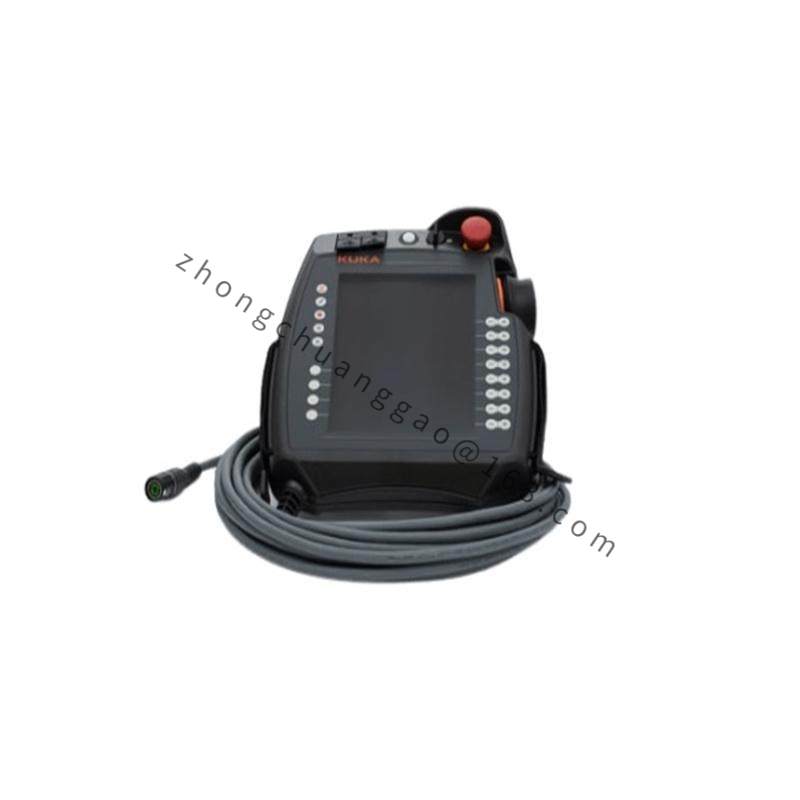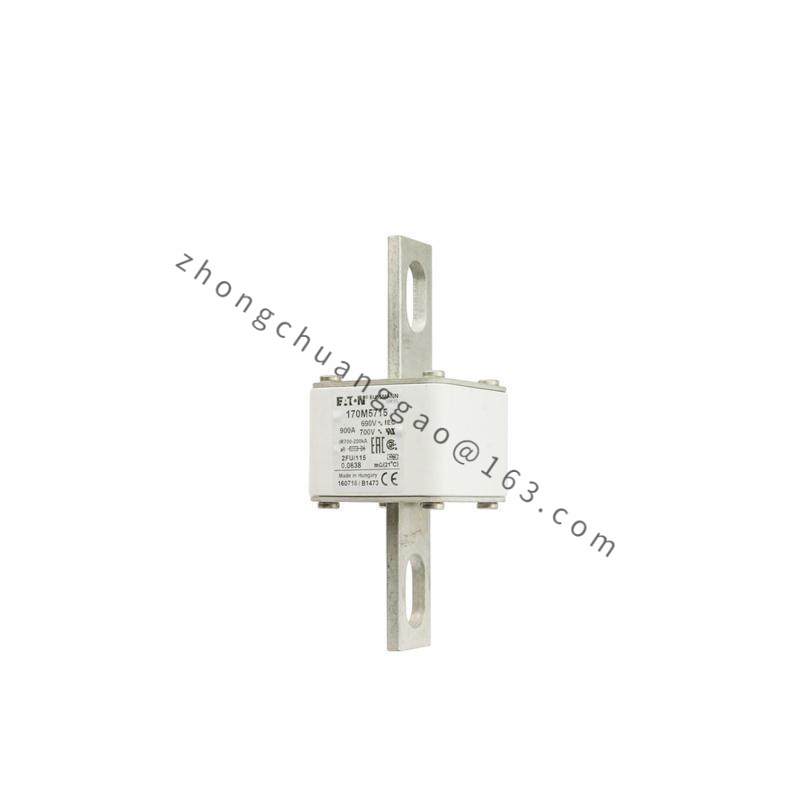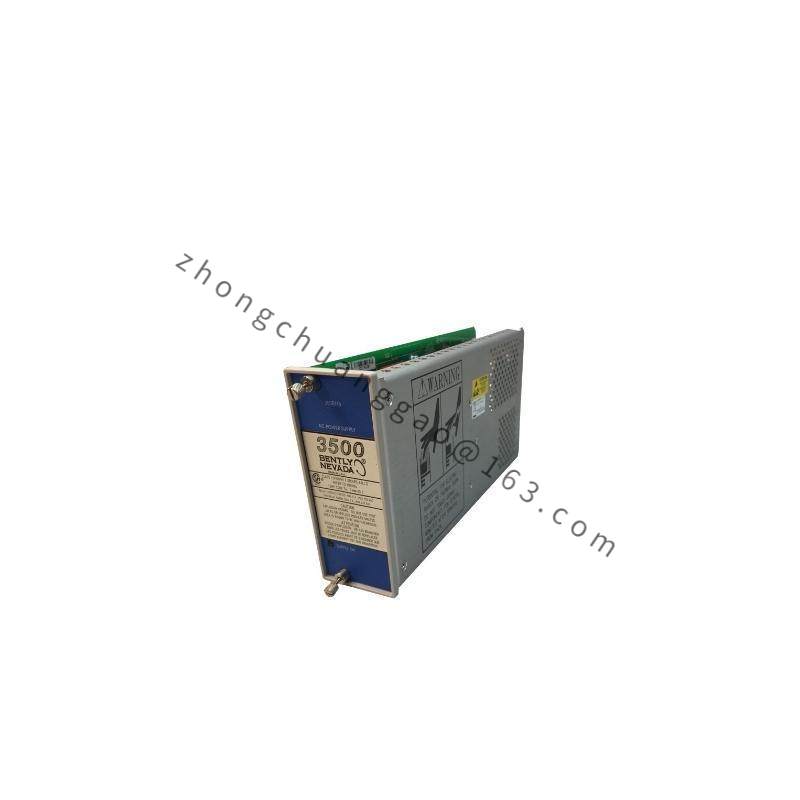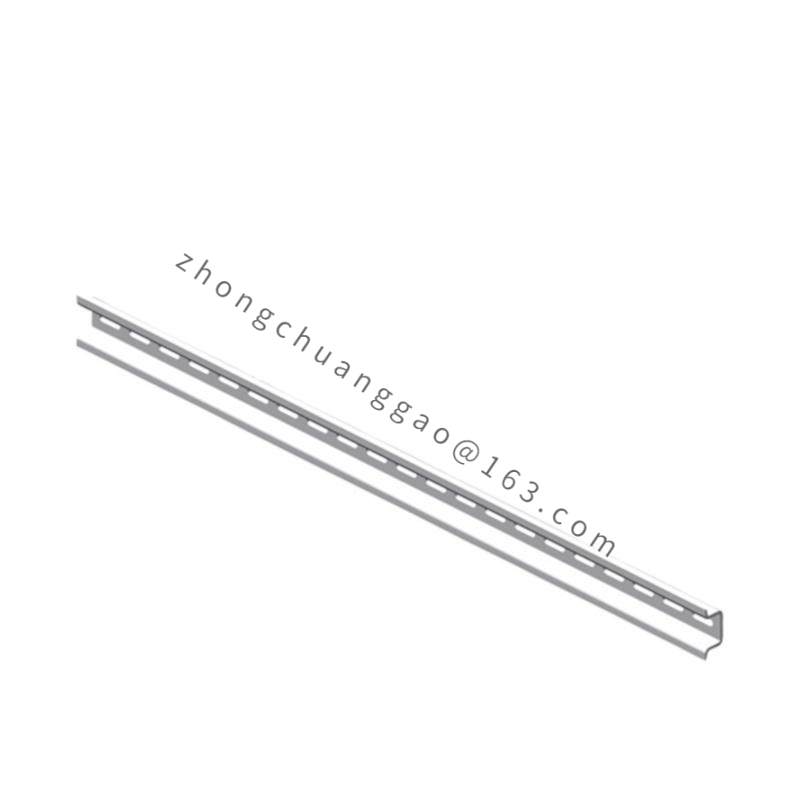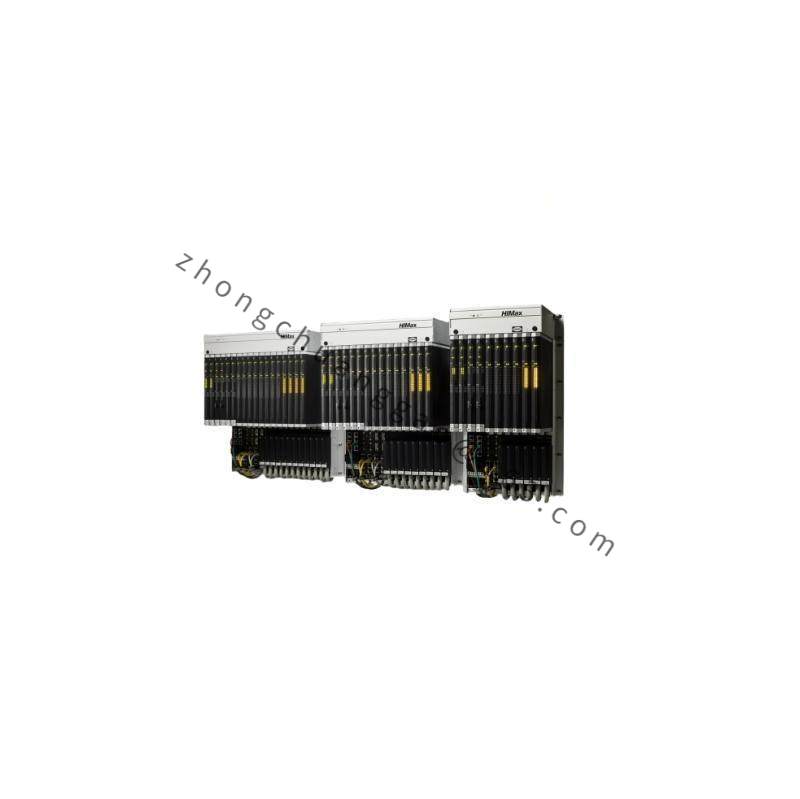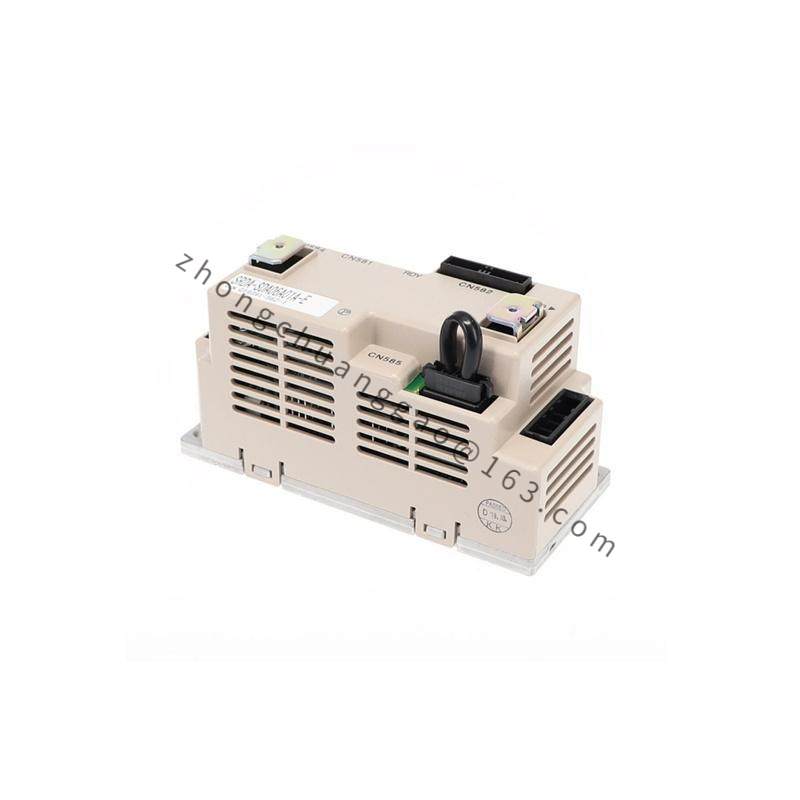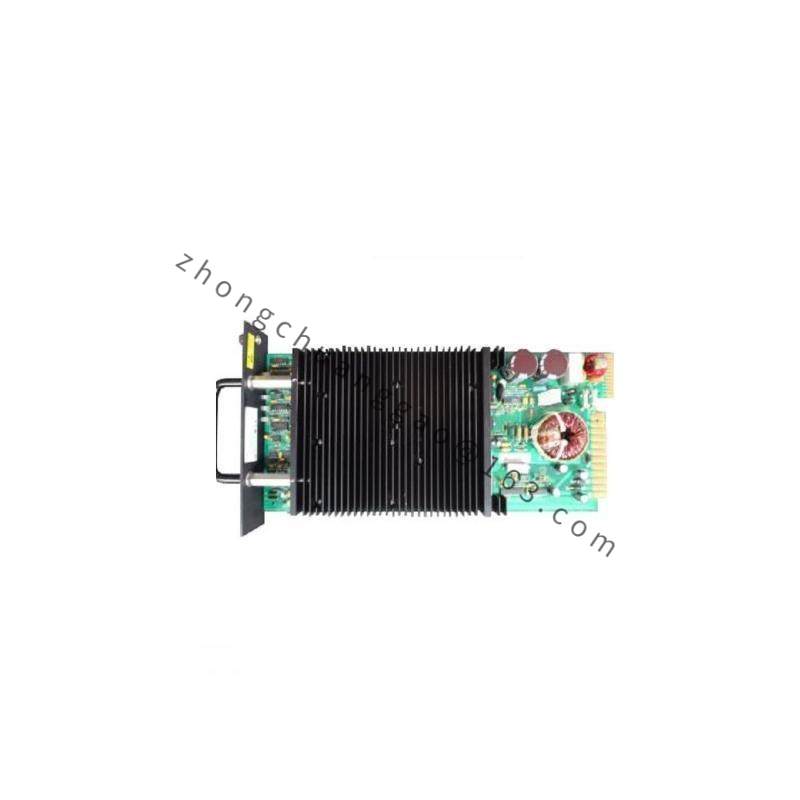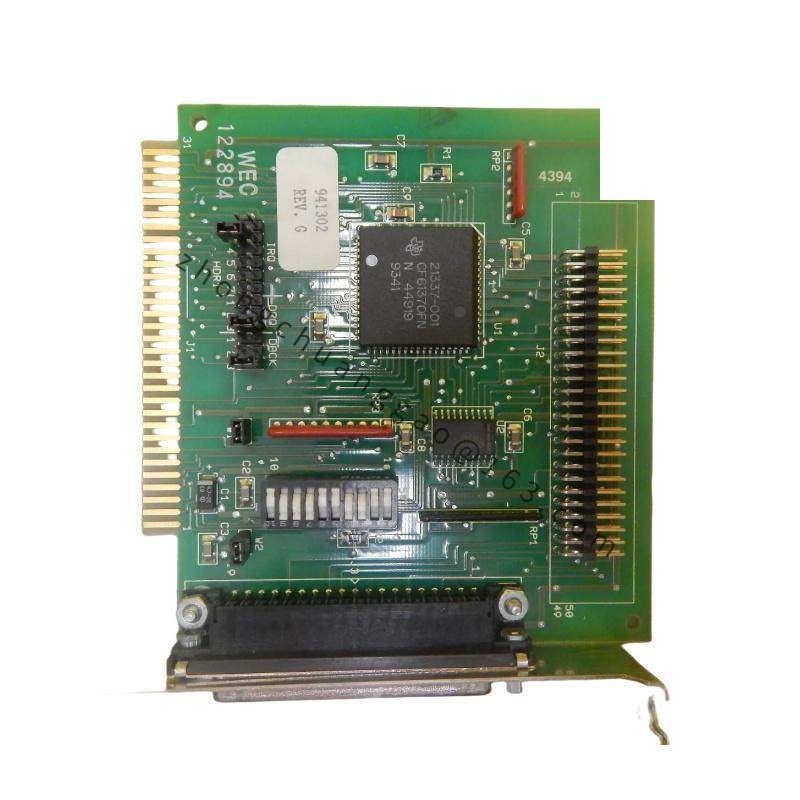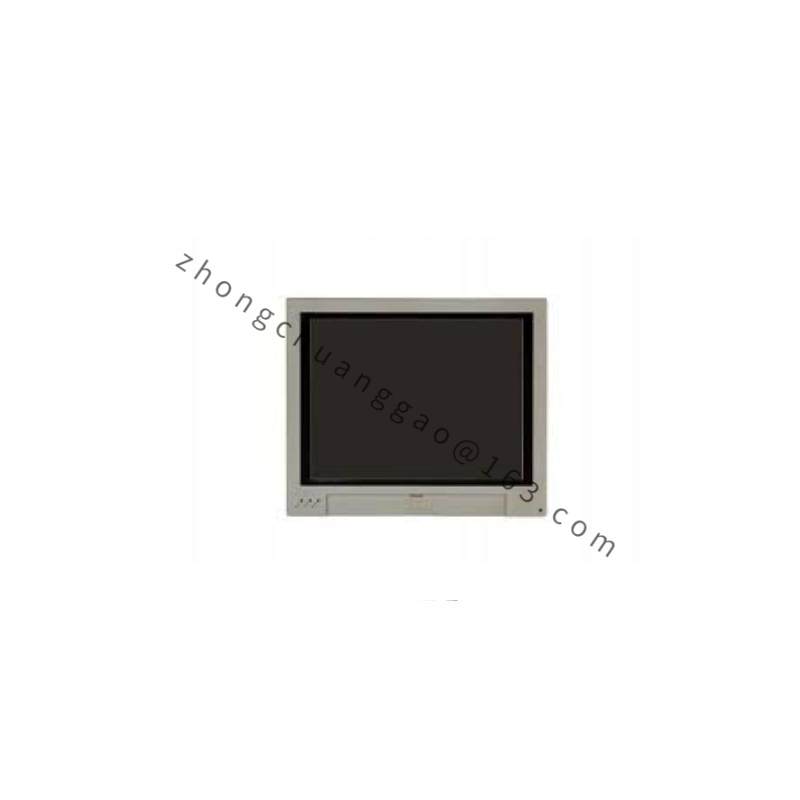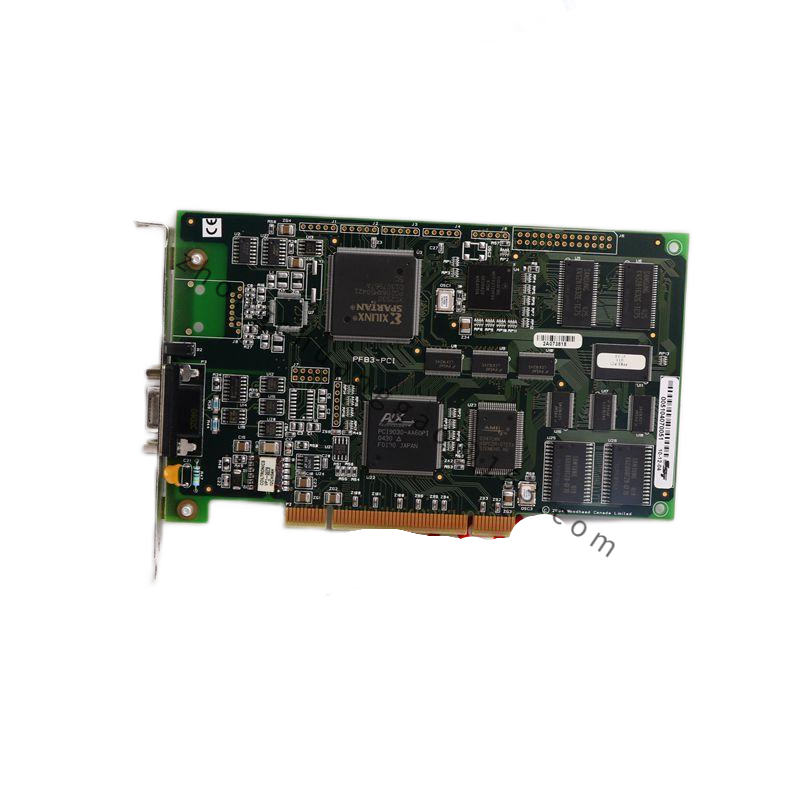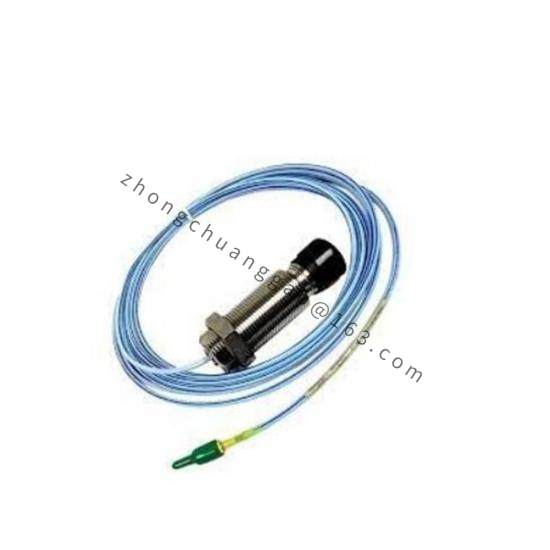KUKA C5 00-291-556 Teach Pendant – Advanced Robotic Control Module
The KUKA C5 00-291-556 Teach Pendant is an advanced robotic control module designed for seamless integration into industrial automation processes. It offers intuitive operation and precise control over robots, enhancing efficiency and safety in manufacturing environments.
Detailed content
Brand:KUKA
Model Number:00-291-556
Control Type:Teach Pendant
Operating Voltage:24V DC
Data Interface:USB 3.0
Touchscreen Size:5.7 inches
Resolution:800×480 pixels
Weight:1.5 kg
Dimensions:W 195mm x H 275mm x D 115mm
Operating Temperature Range:-20°C to +50°C
Storage Temperature Range:-40°C to +70°C
The KUKA C5 00-291-556 Teach Pendant is a cutting-edge control interface, engineered to elevate the precision and ease of operation in robotic systems. This module boasts an ergonomic design that facilitates quick learning and usage by operators, ensuring minimal training time and maximum productivity.
Equipped with a high-resolution color display, it provides real-time feedback on operational status and robot movements, enhancing situational awareness and decision-making capabilities. The pendant’s robust construction withstands harsh industrial environments, ensuring reliability and longevity.
With support for multiple communication protocols including EtherCAT and CANopen, the Teach Pendant enables seamless integration into diverse automation networks, facilitating easy setup and configuration. Its versatile connectivity options, including Ethernet and USB, accommodate various control scenarios and peripheral devices.
Adhering to international safety standards such as EN 61140-1 and EN 61010-1, the KUKA Teach Pendant ensures operator safety without compromising on functionality. The IP65 rating guarantees protection against dust and water ingress, making it suitable for use in a wide range of industrial applications.
Offering intuitive control over complex robotic functions, the KUKA C5 00-291-556 Teach Pendant empowers manufacturers to optimize their production lines, reduce errors, and increase throughput. It is an indispensable tool for modern industrial automation, providing a bridge between human operators and robotic systems.

